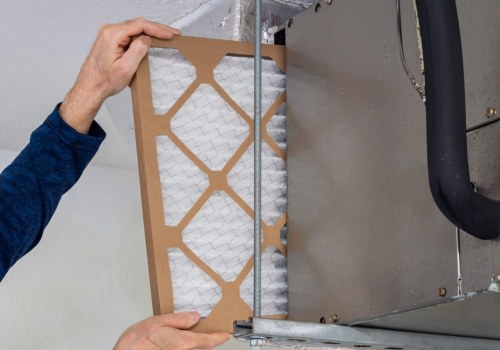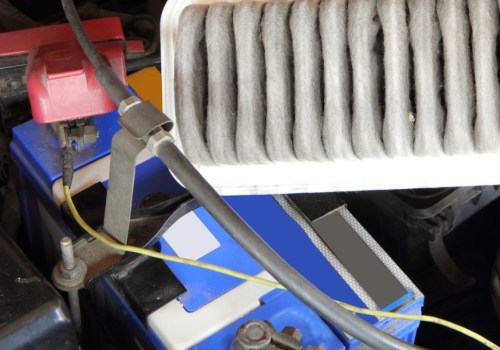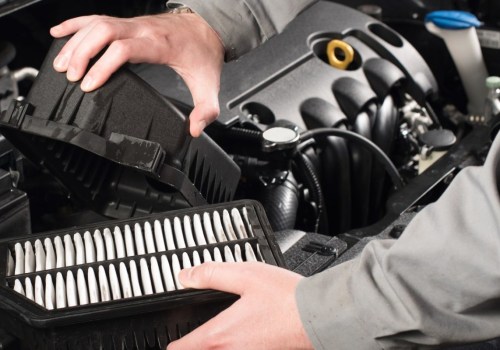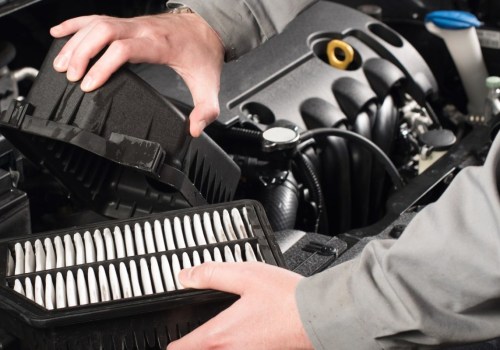Believe it or not, the cabin filter can have a significant impact on your car's air conditioning system and the air conditioning can have a strong effect on the power of the entire vehicle. If the filter is clogged, you may need to turn on the air conditioner. The harder your air conditioner works, the more the engine will run. While not all vehicles are equipped with cabin air filters, those that do need a clean, unobstructed surface to allow air to move freely. Cabin air filters can capture dust, insects, leaves and other types of debris.
A dirty air filter can certainly hinder the cooling capacity of your air conditioner and, after a while, could cause unnecessary strain on the entire system. Your car's air conditioner is affected by a clogged cabin air filter. You'll notice that the air conditioner starts emitting unpleasant odors once you turn it on. Not only that, but you will also experience a change in the quality of the air conditioner; you will start to feel hot even if the air conditioner has been on for quite some time. A clogged cabin air filter can have many effects.
It restricts airflow and makes the interior of the car cabin less comfortable. In addition to inadequate ventilation, the temperature may rise slightly and become difficult to control. Cabin air filters that require replacement are often clogged. This blockage reduces airflow to air conditioning systems, affecting HVAC efficiency. As a result, the cooling and heating capacity of your car will be limited.
In addition, it will put a lot of pressure on the system, which will cause a blowout. So, we've investigated whether a clogged cabin air filter affects a car's air conditioner, and here's everything you need to know. Changing the cabin air filter is not just about air quality, but it is also a safety issue and a maintenance requirement of the climate control system. It is also recommended to change engine and cabin air filters once a year or every 15,000 miles. Air filters are one of the things that most people don't think much about when it comes to cars. However, if you drive most of the day from home to work, it is suggested that you change your cabin air filter once a year.
In addition, a damp smell inside your vehicle is not the only problem that can be caused by a worn or clogged cabin air filter. Although specific guidelines for replacing your vehicle's cabin air filter are often provided in the owner's manual, the basics of changing your car's cabin filter are detailed below. But what about hazards that can't be seen and effects that are only noticed gradually or during certain modes of operation? The reality is that a foul-smelling cab isn't the most pressing problem drivers will face if they never change the cabin air filter or don't change it often enough. Unfortunately, many people do not follow this recommendation and neglect the cabin air filter for much longer. If your car isn't equipped with a cabin air filter, you're not unlucky to be able to add an ion purifier. Insufficient airflow through your car's cabin vents is a sure indicator that you need to replace your car's cabin air filter.
Consult your owner's manual to determine the location of your car's cabin air filter and determine when it needs to be replaced. If you detect a strange smell emanating from your car's ventilation grilles, this could indicate that the cabin filter needs to be updated. This is likely because they do not understand the real dangers of doing so, partly because of the way in which cabin air filters have been marketed.



